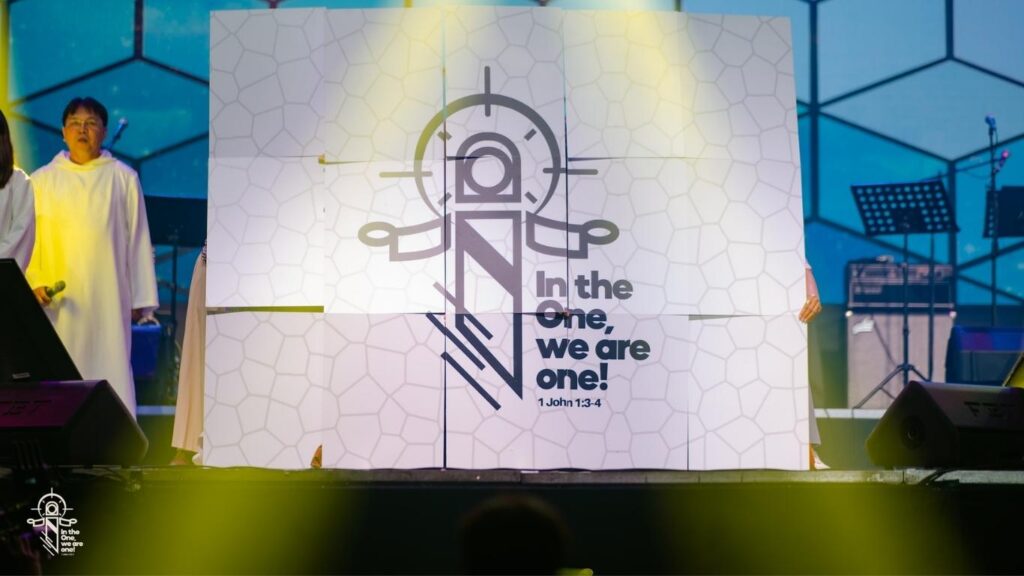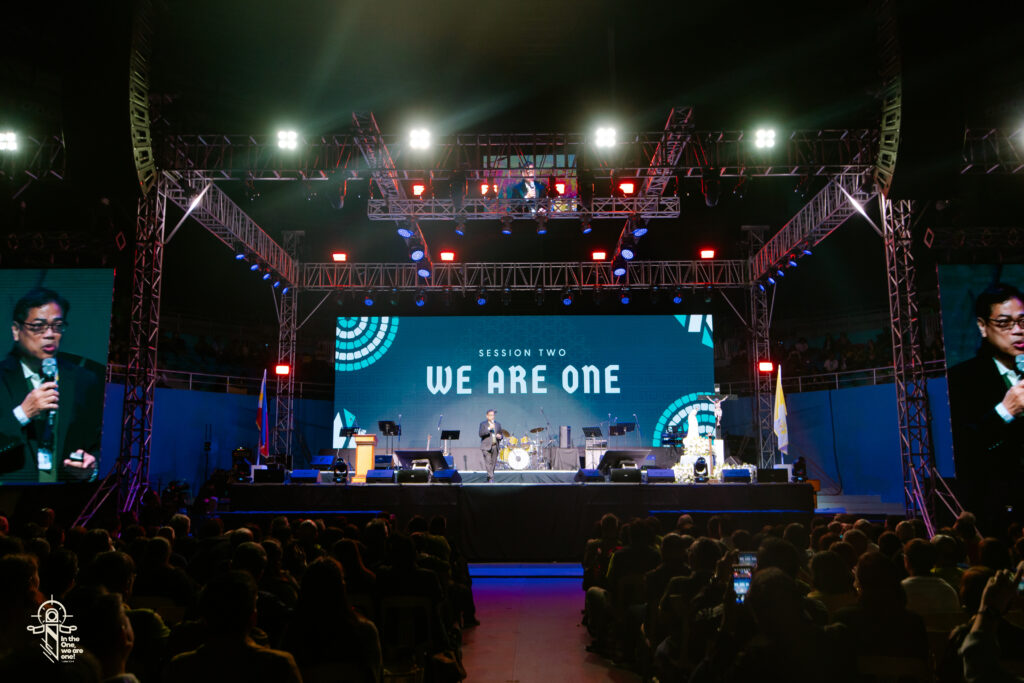My mom always tells people about this story.
One day, when I was 7, I was home alone watching TV, when mom came home with a box of donuts. “I’m going out again, but will be back with guests,” Mom said. “Are the donuts for me?” I asked, already looking inside the box. I saw a dozen donuts of all colors and flavors, and my eyes were already twinkling with delight.
“No, they’re for our guests, but you can have a taste,” and my mom left after that.
My mom came back with several women, and when the guests opened the box, they were all surprised. Each donut had a bite on it. My mom looked at me like she was ready to burn me at the stake.
“Did you do this?” my mom asked, and it felt like being subjected to the inquisition.
I wanted to blame our dog, but her death stare had me sobbing and I cried out, “You said I could taste a little! So I tasted a little (of everything)!” I ran to my room and cried tears of regret.

I hated disappointing my mom, being the Mama’s boy that I was. My mom would tell me years later that she and her guests had the laugh of their lives after I ran upstairs. My mom had a unique way of teaching about honesty that I could not forget. She didn’t speak much about it, but I knew she expected me not only to tell the truth, but to value the truth. She expected this of me and my siblings, and we understood what honesty meant, a lesson I carry to this day.
But what of today’s generation of kids? Do death stares, otherwise known in the vernacular by the phrase “Makuha ka sa tingin!”, work on our children? Even if they did, how do modern moms teach their children the value of truth and honesty? I ask Janina Teodoro, member of the group Tweens and Teens Homeschoolers of the Philippines on how to teach children to be honest.
- Start them young. The value of honesty is both a simple and complex concept. It is easy to teach that one should be honest, but what makes it difficult to apply is the consequences that have to be endured. However, this does not mean that children do not understand it.
“I have always taught my kids that lying is not acceptable and that if they lie, it will be hard for others to trust and believe them,” Janina says. “For young kids, I tell them that no one likes someone who lies. They have fewer friends if they lie. As they grow older, the notion of credibility becomes more familiar with them, but the concept is the same. No one likes someone who lies and is not credible,” Janina adds.
- Enforce the truth. Janina has both rewarded her children and taken away certain privileges from them in order to enforce the value of honesty.
“Of course, being honest is a reward unto itself, and this is understood more as children grow older. I reward honesty by pointing it out, and if a child notices that a parent acknowledges good behavior, the more this behavior is reinforced,” Janina says. She adds, “For those instances when they were less than truthful and I find out, I take away their privileges, like going out with friends or using the computer or their phones. But mostly I prefer rewarding honesty.”
- Honesty is still the best policy, no matter what they say. “It’s hard but I always tell my children that being honest is always the better option ⏤ even if they have done something wrong,” Janina says.
She adds, “Sometimes, lying is the more palatable option to children especially if they know that telling the truth will land them in hot water just the same. I tell them that they should avoid doing what is wrong but if they disobey or do something they shouldn’t, they need to face the consequences. This is because someone always has to face the consequences of our misguided deeds; if not us, someone else will suffer for it. I tell them that lying doesn’t help and in some cases, dishonesty makes things worse.”
- The truth is something to be valued like treasure. As her children grew older and they were able to understand more complex concepts out of complex situations, Janina tells her children that being a man or woman of integrity is something that is priceless.
“Don’t joke about serious matters, and be truthful to people because integrity is something that will serve you all your life. Be truthful in your intentions and in your words and actions, and people will come to look up to you, whether in school, in the office, or in your community,” she says, adding, “Once people see you as someone who is less than honest, it’s almost impossible to repair their broken image of you, nor can you bring back their trust in you.”
In this age of two-faced politicians and fake news, it is utterly important to raise children who value the truth and will uphold it. Integrity is a virtue long-forgotten in our society, and it is up to us to raise and teach children to be honest, even if no one else is. (Anthony James Perez)





